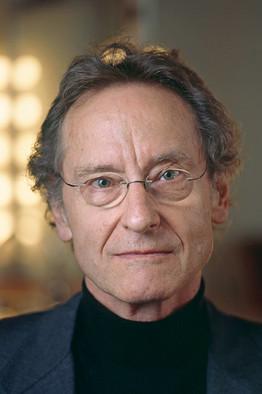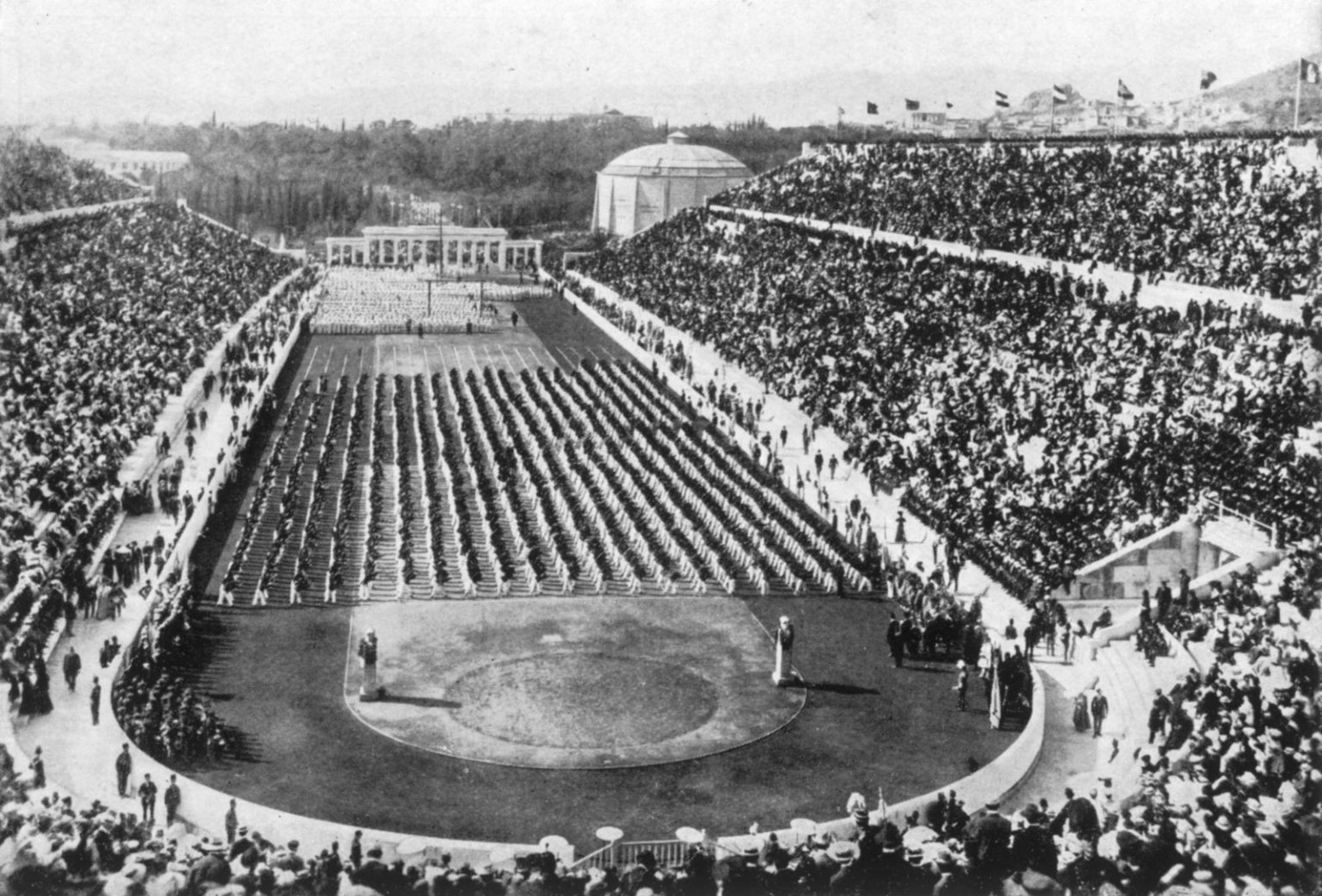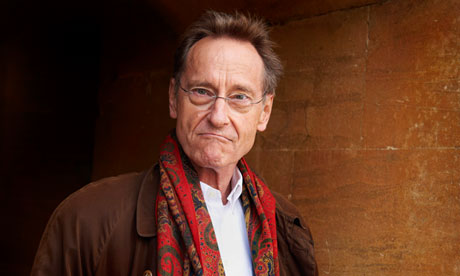

But then, reading German is no hurdle for me. I definitely hope to own a copy one day and have it standing next other books on writing by other authors, so I can easily pull it from a shelf and reread it. Especially some things Schlink states about the Holocaust and more recent fiction and films.

Some who read this lecture were disappointed or even thought it no good at all. So this is a short booklet about writing, literary rules (in as far as there are any), critical questions an author may face or that readers may ask an author, where an author gets inspiration and how he uses incidents or impressions in the real world in his fiction and much more. On the other hand, he prefers to experience spots and then use certain of the places he actually visited in his books or ideas for novels.

As he states in this lecture, he is now finally able to describe weather in his novel regardless of having to wait for the necessary weather circumstances in the real world. Interesting to learn that Schlink at first was unable to describe say a rainy day when it was sunny in the real world. The area around Heidelberg certainly nurtured Schlink, but other places around the world as well. One of the questions he discusses in part III, is the influence and importance of places for authors. What is it, that causes us to feel at home in certain places? Has this to do with experiences while a child? What role do such places have in fiction and literature?īy sheer chance, I noticed the area around Heidelberg plays a role in several books by the author. The third part takes "Heimat" as its theme. "Mephisto", by the way, was published in the end and turned into a film. He compares the fate of "Mephisto" and another German novel which used real, recognizable people and were banned from publication. But how to use one's own experiences involving other people? Schlink admits he finds it difficult and mentions how personal experiences influence his (and other authors') writing. It seems readers questioned or challenged the author about love affairs he describes in his thrillers and other fiction, like "The Reader".

The second part tries to answer questions about sex and love in fiction. But can a writer actually describe truths? Many students will likely remember discussions about versimilitude and its role in the development of the novel. Can a writer really describe reality, truth? For many claim literature should come as near as possible to reality, describe truth. The first interesting question and part deals with truth. Bernhard Schlink poses and tries to answer questions on writing and in some cases certain films. So it is a small booklet and divided in three parts or themes. Actually, this was a lecture the author gave in 2010.


 0 kommentar(er)
0 kommentar(er)
